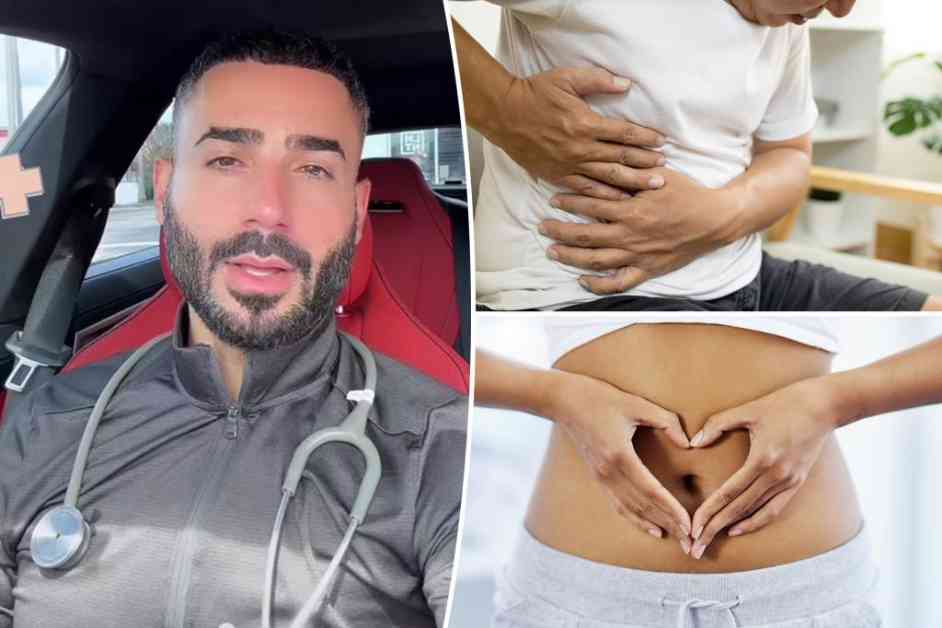Florida gastroenterologist Joseph Salhab recently shared valuable insights regarding the importance of vitamin E for gut and liver health in a TikTok video. According to Salhab, studies have shown that meeting dietary requirements for vitamin E can significantly reduce the risk of gut diseases and fatty liver disease. This key nutrient acts as a powerful antioxidant, protecting the liver from oxidative stress, promoting liver healing, and boosting immunity.
Moreover, a study published in the journal Nature highlights the protective effects of vitamin E against non-alcoholic fatty liver disease, a condition that can lead to severe liver damage, heart disease, and liver cancer. The recommended daily intake of vitamin E for adults and teens over 13 is 15 milligrams, while children should consume less.
Vitamin E can be found in a variety of foods such as avocados, blackberries, kiwis, cranberries, mangoes, spinach, peanut butter, almonds, hazelnuts, pine nuts, and olive oil. For example, an ounce of dry, roasted almonds provides approximately 6.8 mg of vitamin E, while 2 tablespoons of peanut butter contain about 2.9 mg. Salhab also recommends incorporating avocados, blackberries, kiwis, cranberries, hazelnuts, pine nuts, and olive oil into your diet for their vitamin E content.
While it may be tempting to turn to vitamin E supplements, Salhab advises against it due to the risk of side effects associated with incorrect usage. Recent research has shown that some supplements contain excessive amounts of vitamin E, well above the recommended daily intake of 15 mg. Overconsumption of vitamin E through supplements can lead to toxicity, resulting in symptoms such as bleeding, nausea, diarrhea, muscle weakness, and headaches.
Salhab stresses the importance of obtaining vitamin E through a balanced diet rather than relying on supplements to prevent potential side effects. He emphasizes that vitamin E toxicity is rare, as is deficiency, which is usually linked to issues with fat absorption or metabolism. Therefore, it is crucial to maintain a proper diet to support good liver health and overall well-being. By incorporating vitamin E-rich foods into your meals, you can promote optimal gut and liver function while reaping the numerous benefits of this essential nutrient.

